LETTERS FROM BERLIN
★ ★ ★ ★
A WOMAN WITH CHILDREN
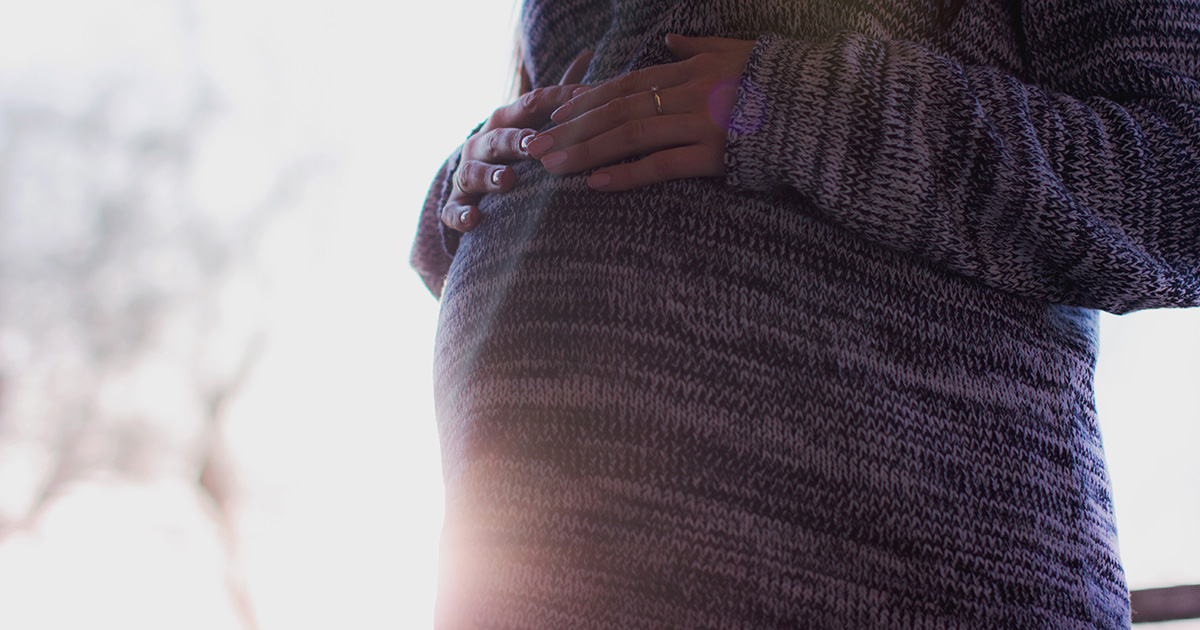
By Annie Mark-Westfall
The word “mother” makes me squirm. I have an almost two-year-old son, an 8-months pregnant belly, and I want nothing to do with that word. I prefer to think of myself as a woman who has children.
Before my son started calling me Mommy, I fought that label hard. I typed furious WhatsApp messages to my “Mamas Group” about how much I hated the term; how stifling and all-encompassing it felt. I was not a mother, I was Annie. A woman with a career, interests in things like fashion (at least my own personal style of “’hobo chic’ meets ‘scavenged from Grandma Bea’s closet’”), travel and books; and yes, I also had a child, who gives my life meaning, wonder, and indescribable joy.
According to the 2010 U.S. census, 81% of American women became mothers by age 44. Yet if I write about motherhood, it is an experience that excludes all men and, more importantly, many of the best women I know. The label of mother (or woman or anything else) threatens to put me in a box, diminish my connection to a world that fascinates me.
How is it possible, though, that an experience that connects me to 81% of American women feels reductive? Part of it may be the wearisome media tropes of motherhood. The experience is reduced to consumerism (Pick a nursery theme! Create the perfect registry!), and new motherhood is characterized by one of two dichotomies: Baby Bliss or Post-Partum Depression. What happens, then, when you are like me, and you fit into neither category?
Sure, in the first weeks after our son’s arrival, I sobbed to my husband that, a) I was fairly certain we had ruined our lives; and b) each day was the fresh hell of the movie Groundhog Day—nurse, feel pain, change diapers, repeat. And this is not even the full story, which is one of clichés and taboos. Of stitches and bleeding. Of vomit-inducing words like “bodily fluids.” Of unearthly love, and gut-wrenching dread. When I share these emotions and experiences, faces blanche, and mouths or eyes warn, “Um, you might be oversharing.”
In these circumstances, how we can expect women to feel blissful? Certainly, many women do—and I applaud that. Others face challenges like post-partum depression, anxiety, or even psychosis, and we need to do better to support those women. Absolutely.
Yet in between, there are the women like me—and my more honest friends—who were neither “in love” with their newborns, nor suffering from any form of hormonal imbalance or mental illness. Is it just another way to dismiss women as “crazy” to suggest that we have some diagnosable illness, if we are not thrilled to be stitched, bleeding, and sleep deprived? Is it not absolutely normal and understandable to feel miserable, when our identities are collapsed into one word—mother? When our lives are reduced only to serving the every need of a creature who provides zero real feedback?
Yes—it turns out this is normal. A recent article “The Birth of a Mother” states, “When women find themselves feeling lost somewhere between who they were before motherhood and who they think they should be now, many worry that something is terribly wrong, when in fact this discomfort is absolutely normal.” In my experience, this discomfort comes from outside pressures—particularly, cultures that do not give women space to expand their identities into motherhood.
Take, for example, the conversation when I announced my pregnancy to a male colleague senior to me (who I very much like). Although I work for an American employer, I am under German law. This entitles me to one year of maternity leave and a system of government subsidies that make it financially feasible.
When I shared this fun fact, my colleague responded, “Intellectually how could you do that to yourself? You’ll be driven mad after four months. I know you.”
This conversation made me hang up the phone, cry, and second-guess myself. It perfectly targeted my discomfort with motherhood. I felt ashamed to actually want a full year off with my baby.
With my son, it took me that long to feel human again—to find Me again, amid the obsession with every mind-numbing aspect of my baby’s life. An English literature major who once prided myself on my reading list, I was unable to read anything other than parenting books from my second trimester until after my son’s first birthday. I had no active interest in anything but baby sleep and development. I felt a deep sense of disappointment in myself for feeling this way, and worried about the permanence of this change. Mother: aka, Woman Who Doesn’t Read.
That the German system accounts for this period of adjustment is one more signal that I am in the right place. As I look ahead to our imminent new bundle of joy (ahem), I am grateful and excited for this gift of time that will let our family, and my own identity, flex and readjust to its new role.
Half of women with children who read this article will relate and praise my honesty. The rest will think that I am a monster, that my examples are extreme or isolated, or that I am a snowflake. I tend to feel all of those things about myself already, so ok. That is the discomfort of being a mother.
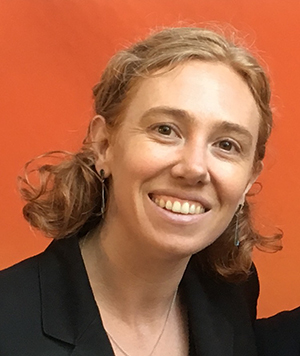
Annie Mark-Westfall graduated from Kenyon College in Ohio. As a former Fulbright grantee and Robert Bosch Foundation fellow, she views herself as a cultural ambassador. Her day job is with an international conservation organization.


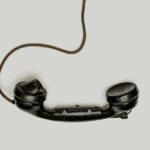






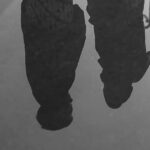








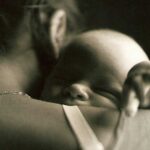





Totally on the mark! I applaud your insightful honesty, and am grateful you get that year!!!
Great article Annie. I had many of the experiences you describe with honesty and well structured articulation. I remember feeling guilty for not feeling elated when I had dreamed of having my son for 6 years. This compounded the struggle to overcome the physical discomfort and mental health challenges that followed birth.
Thank you! I’m seeing more and more honest articles about the experience, and it feels like a great relief.
Empathy has been used and misused so often lately it has lost meaning. But, if a person can read this without feeling the pain they should be pitied. If more people were this honest think of the change that becomes possible. I raise my coffee cup in toast!
This is such an inspiring, brave and honest voice. It’s important to raise awareness about daily struggles and discomfort that Motherhood brings to women.